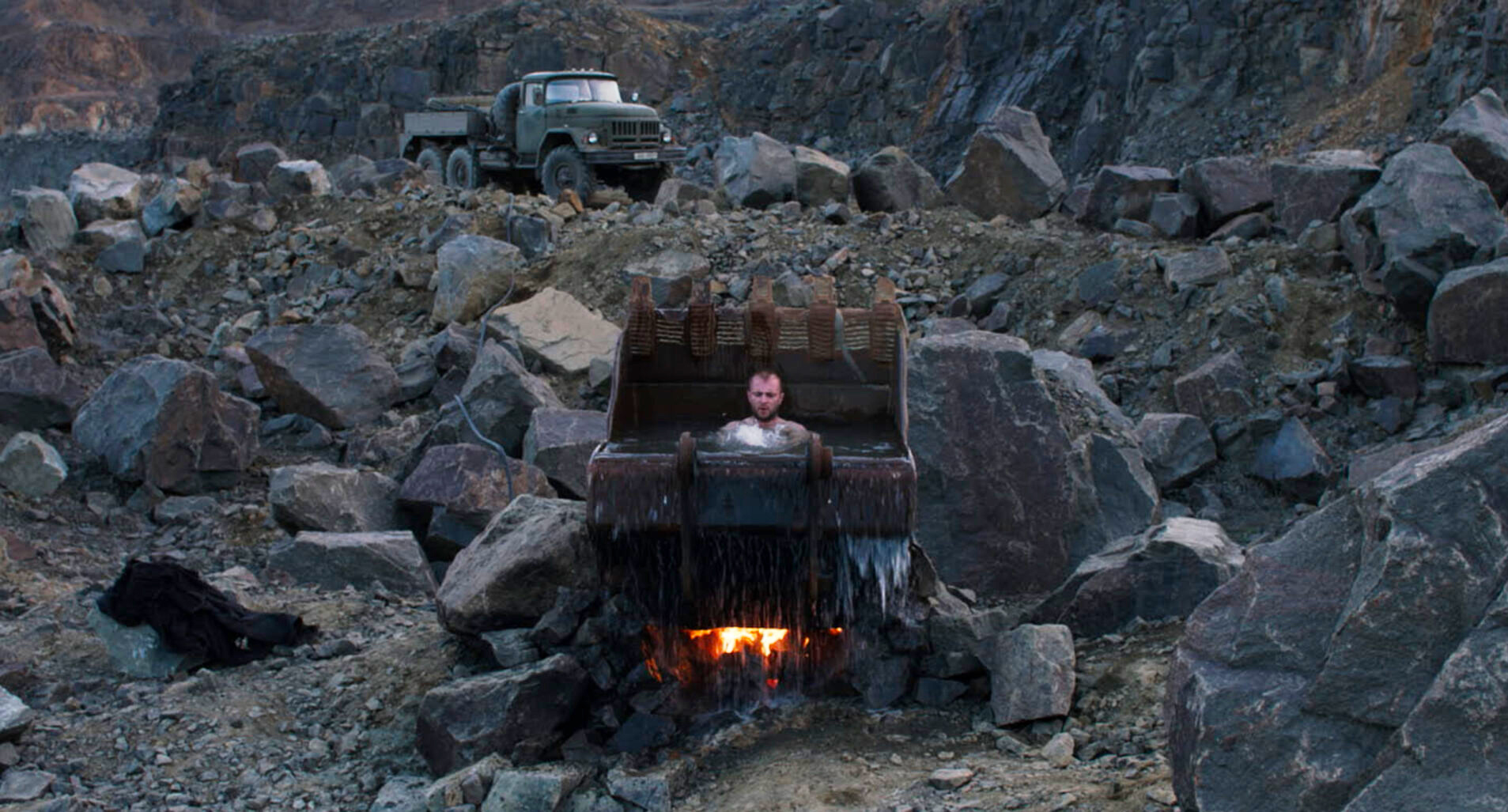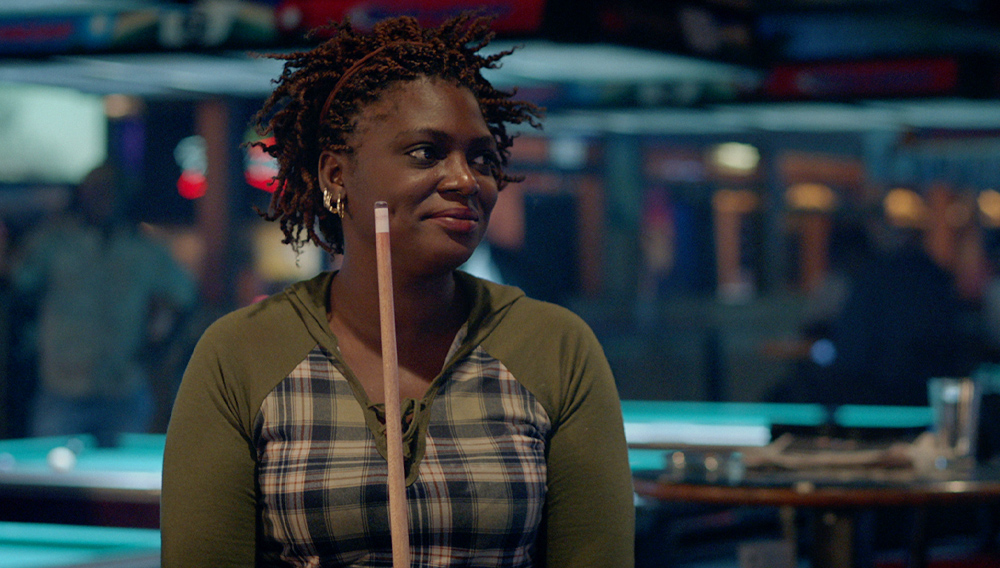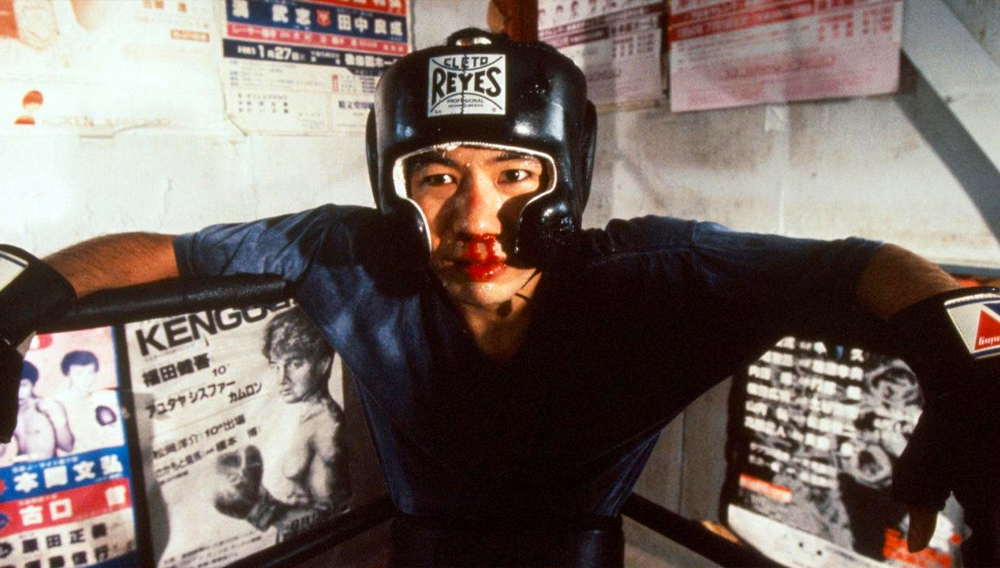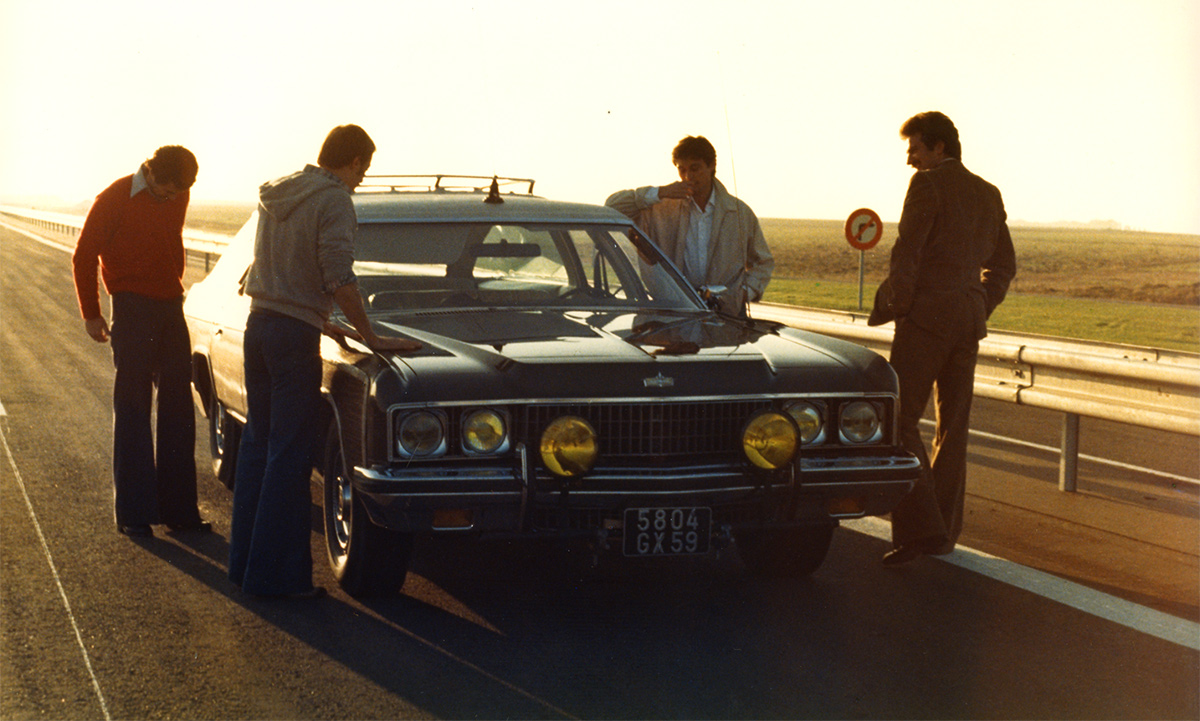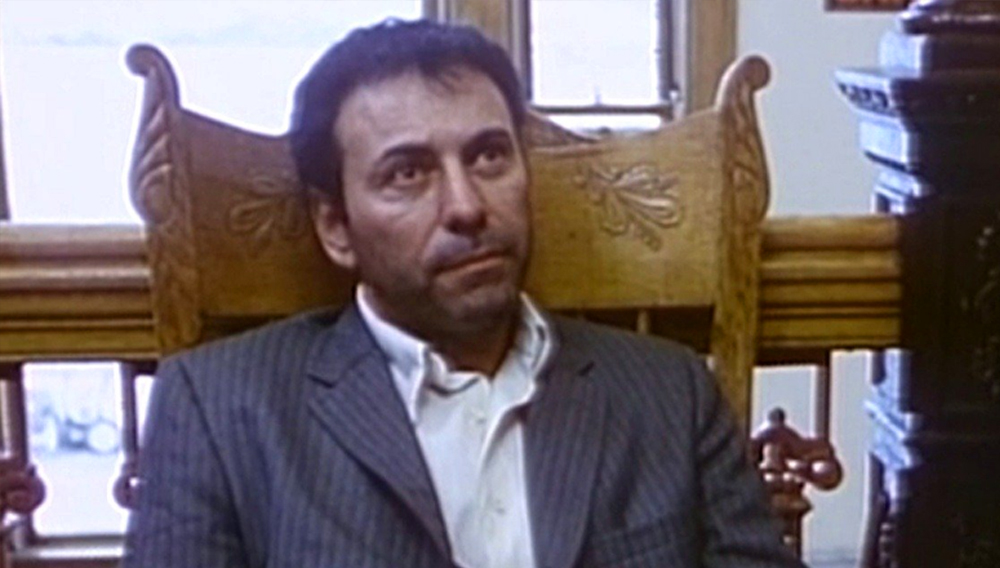The all-out war that broke out in the early 90s between Woody Allen and Mia Farrow eventually receded from the headlines. For over two decades now, it’d been simmering along more or less quietly, briefly flaring up again about once a year or so as the release of a new Woody Allen movie would stir up the debate between the two camps for a few days, and then we’d all move along.
Until last November. Maureen Orth, who, in 1992, told “Mia’s Story” in Vanity Fair, interviewed the Farrow clan for the magazine again, 21 years on, and this time, Dylan Farrow, the adopted daughter of Woody and Mia who accuses Allen of sexually abusing her when she was seven, broke her silence. Then the Cecil B. DeMille lifetime achievement award presented to Allen during last month’s Golden Globes ceremony sparked a few barbs on Twitter from Mia and Ronan Farrow. But now, as of this weekend, the war is back on, full blaze.
Chances are, you’ll have heard that, on Saturday, New York Times columnist Nicholas Kristof published an open letter from Dylan, now 28, married and living in Florida. She revisits the now infamous incident in the attic. She informs us that it was not a one-off transgression. She describes the feelings of guilt (for allowing Allen “to be near other little girls”) that have been tormenting her all these years. And she’s furious at Hollywood for showering Allen with awards, and more specifically, at the actors (several of whom she calls out by name) for continuing to work with him. “Woody Allen is a living testament to the way our society fails the survivors of sexual assault and abuse.”
This is devastating stuff. It would be if the accusers and the accused were complete strangers, but it’s all the more deeply disturbing because they aren’t. Many of us who have grown up watching Woody Allen’s films have developed some sort of emotional attachment to the man that’s as difficult to describe or pin down as Allen is himself. “The heart wants what it wants,” Allen once said, to which we might add that the heart also does not want what it doesn’t want—namely, in this case, to learn some day down the line that there’s any truth whatsoever to these accusations. The head, on the other hand, is prepared to take the blow should that day come.
Woody Allen in 1992, telling his side of the story on 60 Minutes. The tape cuts off towards the end, but the twelve minutes we have here are riveting.
Unless Dylan Farrow is lying outright—and I think I can safely say that most would doubt that she is—she is a terribly tragic victim, whether or not one camp or the other eventually proves its case beyond a shadow of a doubt. (Not likely, but we’ll get to that.) If she was abused, she has been damaged to such a degree that the mere sight of Woody Allen’s face “on a poster, on a t-shirt, on television” sends her into a state of panic. If she was not abused, but was instead “coached” (Allen’s term in the video above; it’s a polite word in this context for “brainwashed”), the resulting damage is exactly the same. She is where she is now, having dealt with her fear of all men, an eating disorder, cutting herself, because one side in this ongoing war abused her, one way or another, and has been lying about it for over twenty years.
The accusations originally rose during the nasty and very public post-Soon-Yi custody battle between Allen and Farrow. The head doctor of the police-appointed medical team investigating them expressed his doubts regarding Dylan’s story at the time and the judge presiding over the case declared the team’s findings inconclusive. It’s very difficult to imagine, even if the case were revived, that Team Farrow could, all these years on, definitively prove that Allen abused Dylan—and how on earth could Team Allen definitively prove he didn’t? There will most likely never be a clear victor, but the pendulum has swung Allen’s way inasmuch as the story has faded from the public eye. Over the past few months, it’s begun to swing back. And this weekend, it’s picked up mighty speed.
A few quick links. I again want to point out Robert B. Weide‘s laying out of the known facts at the Daily Beast. Jesse Lichtenstein happens to have a long profile of Ronan Farrow in today’s Observer. Aaron Bady, writing for the New Inquiry: “To be blunt: I think Woody Allen probably did it, though, of course, I could be wrong. But it’s okay if I’m wrong. For two reasons.” He explains.
Updates: The AP has called up Frank Maco, the Connecticut prosecutor who investigated the accusations at the time. Maco says that the statute of limitations ran out at least 15 years ago. In short, Allen cannot be prosecuted. This essentially leaves only one avenue to certainty: Confession. Either Woody Allen confesses to the crime or Mia Farrow confesses to convincing little Dylan that there was indeed a crime. Again, not likely.
“The extent to which one can, or should, separate the artist from the art is less a subject for a debate than a question that has to be argued and re-argued with each subsequent work, and each new piece of evidence,” writes Sam Adams at Criticwire:
As someone who holds that Roman Polanski is still capable of filmmaking genius, I believe no person can be reduced to their worst action (a position, for what it’s worth, I hold towards death row inmates as well). But it strains credulity and upends the idea that art is an expression of its creator’s soul to think the two can be neatly cleaved from one another. The Polanski who drugged and raped Samantha Gemier is part of the man who directed The Pianist and Carnage, as is the man who fled what he feared, with some reason, would be an unjust prosecution and has lived in legal exile ever since. The extent to which that’s reflected in, say, The Ghost Writer or The Ninth Gate, both of which center on men victimized by shadowy conspiracies, is as legitimate a subject of critical exploration as Polanski’s experience of the Holocaust.
So it is—so it has to be—with Allen, at least for this critic.
Allen’s attorney, Elkan Abramowitz, has sent a statement to Mother Jones: “It is tragic that after 20 years a story engineered by a vengeful lover resurfaces after it was fully vetted and rejected by independent authorities. The one to blame for Dylan’s distress is neither Dylan nor Woody Allen.” And his publicist, Leslee Dart, has emailed, informing the magazine that “Mr. Allen has read the article and found it untrue and disgraceful. He will be responding very soon.”
Updates, 2/3: “If you find Farrow’s letter easy to dismiss, because you like Allen’s movies or because you read some overly-defensive essay in the Daily Beast just last week, I tell you, you’re just as guilty of this so-called ‘rush to judgment’ as anyone else.” Flavorwire‘s Michelle Dean argues that “operating from the ‘presumption of innocence’ is not the respectable neutrality you think it is.”
In the Guardian, Michael Wolff argues that “the larger context for this rehashed scandal is not a pattern of abuse or the ongoing dysfunctions of a celebrated family but rather the demands of a publicity rollout…. The impetus seems to be to establish Mia Farrow as a celebrity activist worthy of the world stage, and, as well, to launch a public career for her son Ronan.” He elaborates.
“Barring an apocalypse, long after Woody Allen is dead, and his family is dead, and their immediate families are dead, and we’re all dead, his work will likely survive and matter to people as it mattered to us,” writes Henry Stewart at the L. “Great art is worth defending and protecting. The same isn’t true of great artists, who have a moral responsibility to the world they live in and the people around them.”
Updates, 2/4: “The scientific community has never accepted that there is such a thing as False Memory Syndrome,” writes Giovanni Tiso at Overland, “nor are there any practitioners of what they themselves would call ‘recovered memory therapy.’ It’s also extremely difficult to find documented cases of abuse charges being brought as a result of memory being ‘recovered,’ or elicited from subjects who had successfully repressed them for a long period of time. However, from two valid and testable notions—that claims concerning the literal repression of traumatic memories appear to have no scientific basis; and that it is possible to ‘implant’ the memory of simple, non-traumatic events in experimental subjects—the proponents of False Memory Syndrome fashioned a platform from which to discredit all claims of sexual abuse. It was in this climate that Dylan Farrow’s story first got its hearing.”
And, as Charlotte Alter reports for Time: “An attorney for Woody Allen said Tuesday that Dylan Farrow was coached by her mother and Allen’s former girlfriend, Mia Farrow, to believe false memories of sexual abuse by Allen.”
Also for Time, Laura Stampler reports that Stephen King, having weighed in on the to and fro, got himself in a bit of hot water yesterday.
At Vulture, Joe Coscarelli presents a “Brief History of Woody Allen Being Creepy About Young Girls.”
Updates, 2/5: Dylan’s brother Moses Farrow “is speaking out to defend Allen—and accuse their mother, Mia Farrow, of poisoning the children against their father.” Alicia Dennis: “‘My mother drummed it into me to hate my father for tearing apart the family and sexually molesting my sister,’ Moses, 36, tells People in the magazine’s new issue. ‘And I hated him for her for years. I see now that this was a vengeful way to pay him back for falling in love with Soon-Yi.'”
“Given all the accolades, is Weide’s Daily Beast piece actually ‘detailed and powerful’?” Jessica Winter lays into it at Slate.
“So what happens when you go looking for evidence of sex crimes in Woody Allen movies?” asks Stephen Marche at Esquire. “If you look, you find it, again, and again, and again.”
At the New Republic, Eric Sasson wonders what’s up with all the journalists jumping to conclusions. “The problem,” as he sees it, “is our culture of knee-jerk outrage—especially among online columnists.”
Updates, 2/6: At Slate, Dahlia Lithwick reminds us that “in the Court of Public Opinion there are no rules of evidence, no burdens of proof, no cross-examinations, and no standards of admissibility. There are no questions and also no answers. Also, please be aware that in the Court of Public Opinion, choosing silence or doubt is itself a prosecutable offense. Look, I am as maddened as the next guy at the persistent inability of our legal system to conclusively resolve so many disputed sexual assault cases…. But in the current debate about what happened between Woody Allen and Dylan Farrow in a Connecticut farmhouse in 1992, it massively disserves and undermines the most basic goals of the legal system when we import legal concepts into what is essentially a barroom brawl. You’re pissed, good. I’m pissed, too. But this widespread litigation by hashtag, all dressed up in legal language and presumptions, isn’t getting us any closer to justice.”
The New Yorker‘s Sasha Weiss notes “that this public discussion must be traumatic for Dylan Farrow and could utterly, and possibly unfairly, ruin Allen’s reputation—our talking about it, with sensitivity and care and journalistic rigor, is not simply prurient. It reinforces Phyllis Rose’s insight that the mysteries of family life are where politics begin. We shouldn’t look away from those mysteries.”
Updates, 3/1: This one last visit to this entry is way overdue, but I do need to note for the record that Woody Allen did officially reply to the renewed accusations, also in the New York Times. He denies ever having molested Dylan Farrow, of course, and adds that this will be the comment on the matter he’ll be making. And of course, Dylan Farrow responded—and elaborated.
The New Republic‘s John B. Judis argues that the NYT owes its readers an apology. More commentary: Michael Atkinson (Sundance Now), Aaron Bady (New Inquiry), David Cairns, Scott Foundas (Variety), Jennie Rothenberg Gritz (Atlantic), Andrew O’Hehir (Salon), Daniel Riccuito, Wallace Shawn (Los Angeles Times), Jessica Winter (Slate) and Max Winter (Press Play).
And then there’s the Onion, reporting that “numerous sources nationwide confirmed Thursday that a newly published blog post titled ‘What You Really Need To Know About The Woody Allen Scandal’ will finally and categorically settle the matter in its entirety…. At press time, upon reading the blog piece, every single citizen in the United States reportedly felt a reassuring sense of closure on all facets of the scandal and quickly took to the blog’s comments section to express their full agreement with the article’s thesis and congratulate the author on finally bringing the truth to light.”
For news and tips throughout the day every day, follow @KeyframeDaily on Twitter and/or the RSS feed. Get Keyframe Daily in your inbox by signing in at fandor.com/daily.




